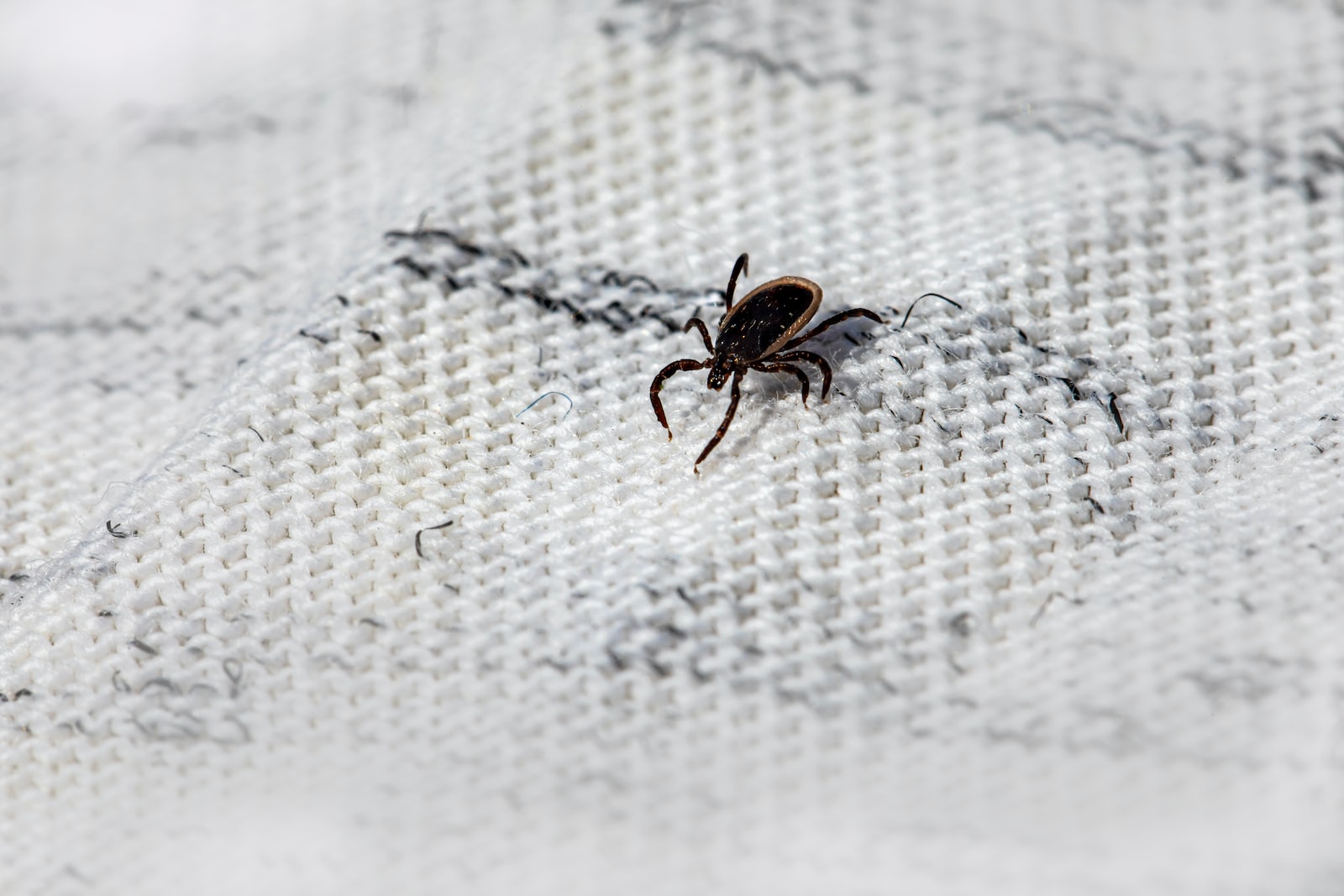We aim to identify tick species and associated pathogens including virus and bacteria circulating in rural Cambodia. Additionally, we plan to investigate transmission risk of a number of selected tickborne pathogens known to circulate in the region in human by assessing seroprevalence (IgG) and tick bite biomarkers in people living in the communities where ticks are captured. Methods: Our study will be nestled in a study, namely “Study of dengue-like illness in Kampong Thom Province, Cambodia” (DENTHOM). Tick collections will be planned according to the parent study (DENTHOM). In terms of human samples, the present study involves only biospecimen collected in the framework of the DENTHOM study. The collected tick specimens will be first identified morphologically and confirmed using Maldi-TOF MS. Once identified, the specimens will be killed and kept at -80°C. Ticks samples will be tested for known viruses and bacteria using molecular assays and for novel pathogens using metagenomics sequencing. Human samples will be used for seroprevalence study of commonly known tick-borne viruses and bacteria circulating in Asia and for tick bite biomarkers.
This website uses cookies to improve your experience. We'll assume you're ok with this, but you can opt-out if you wish. Read More


